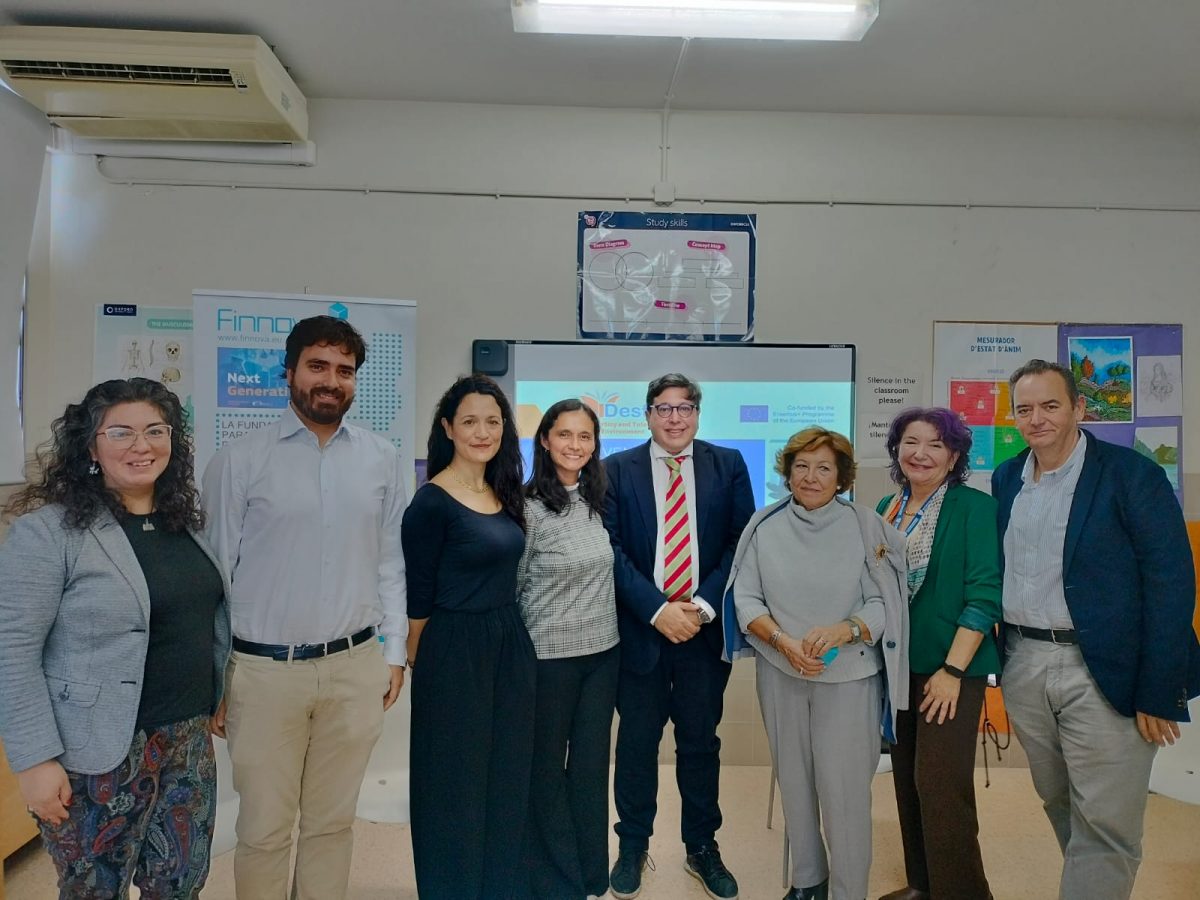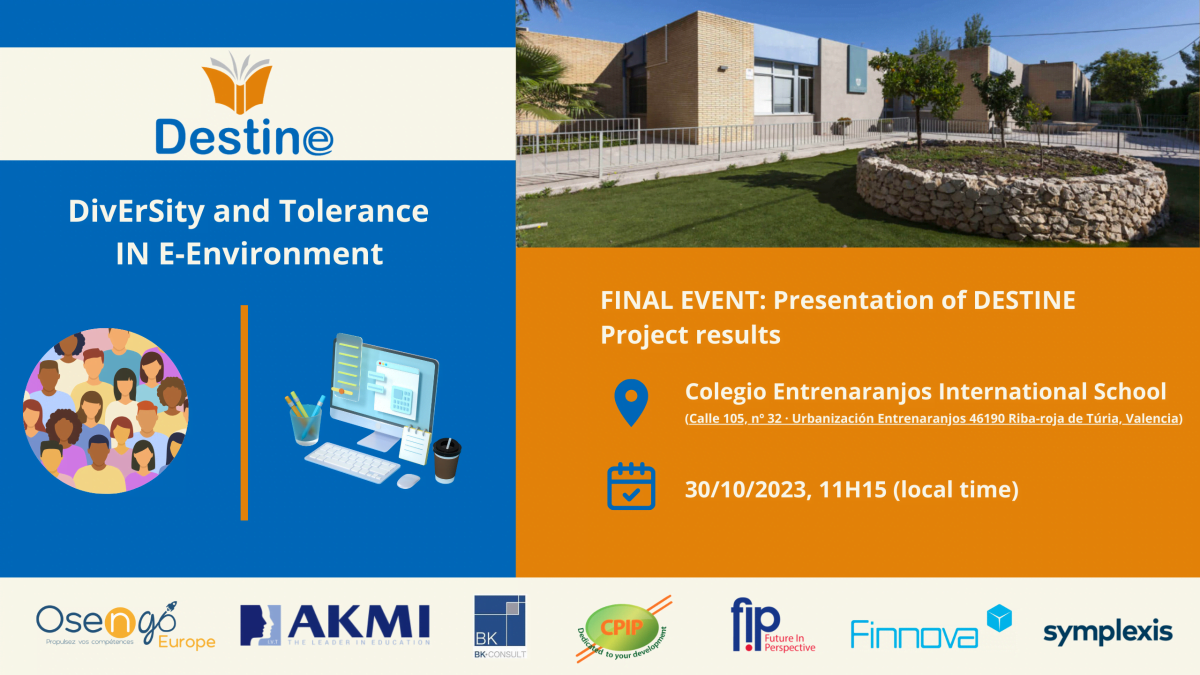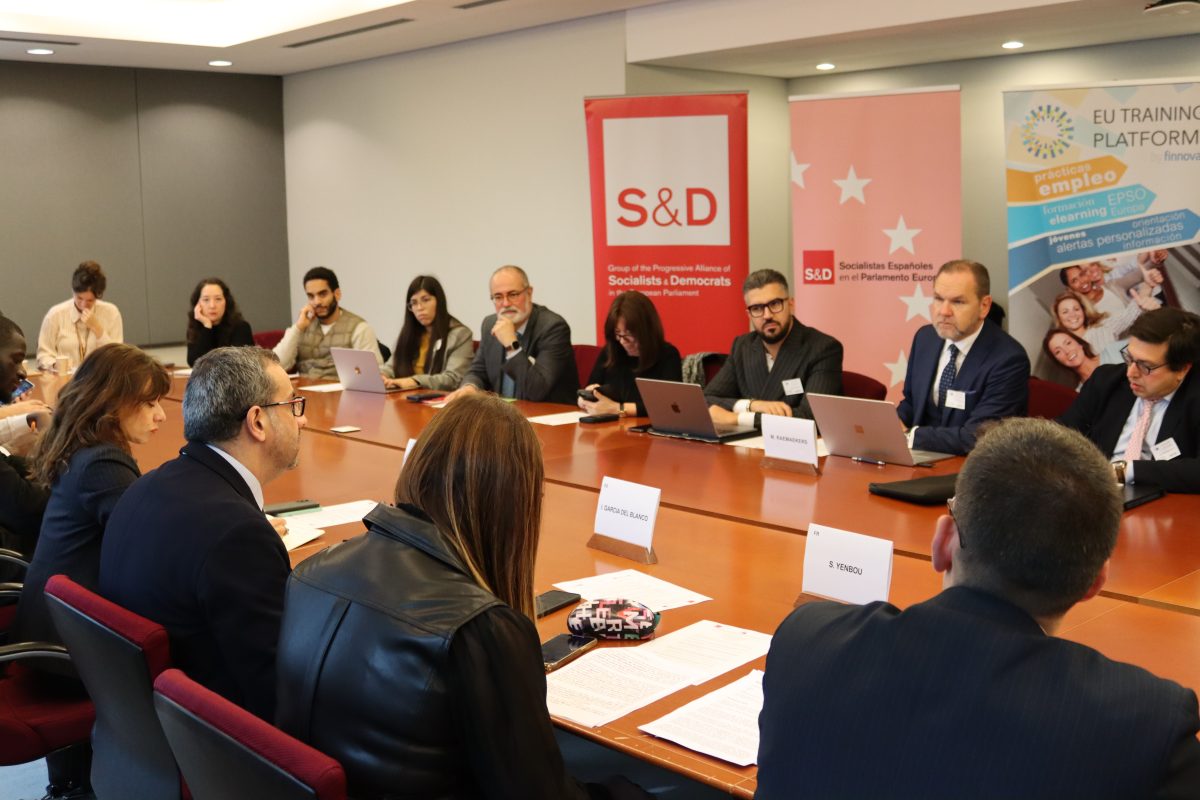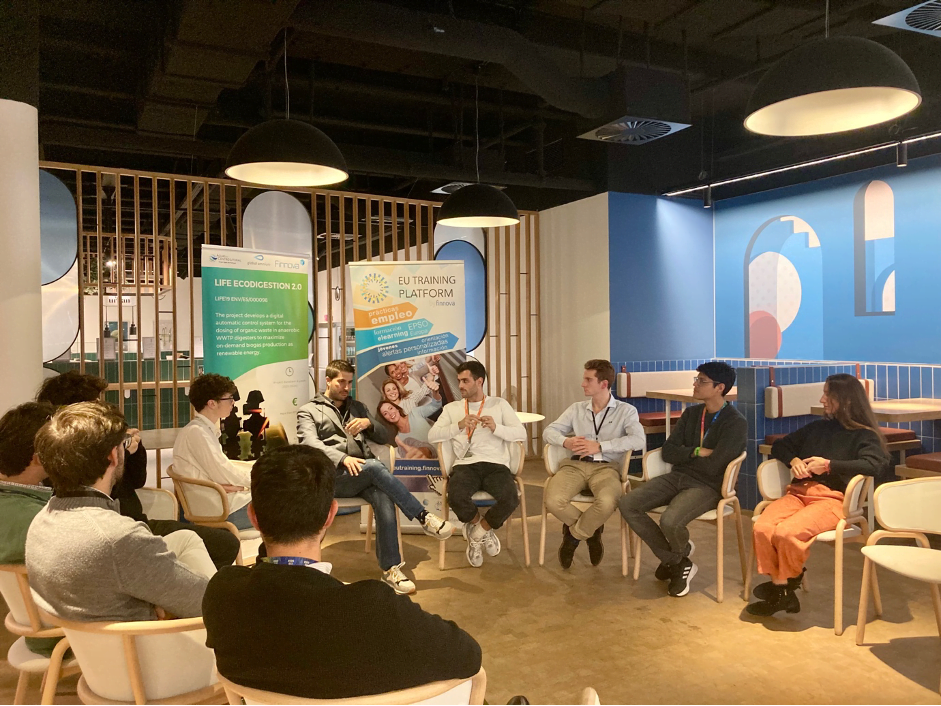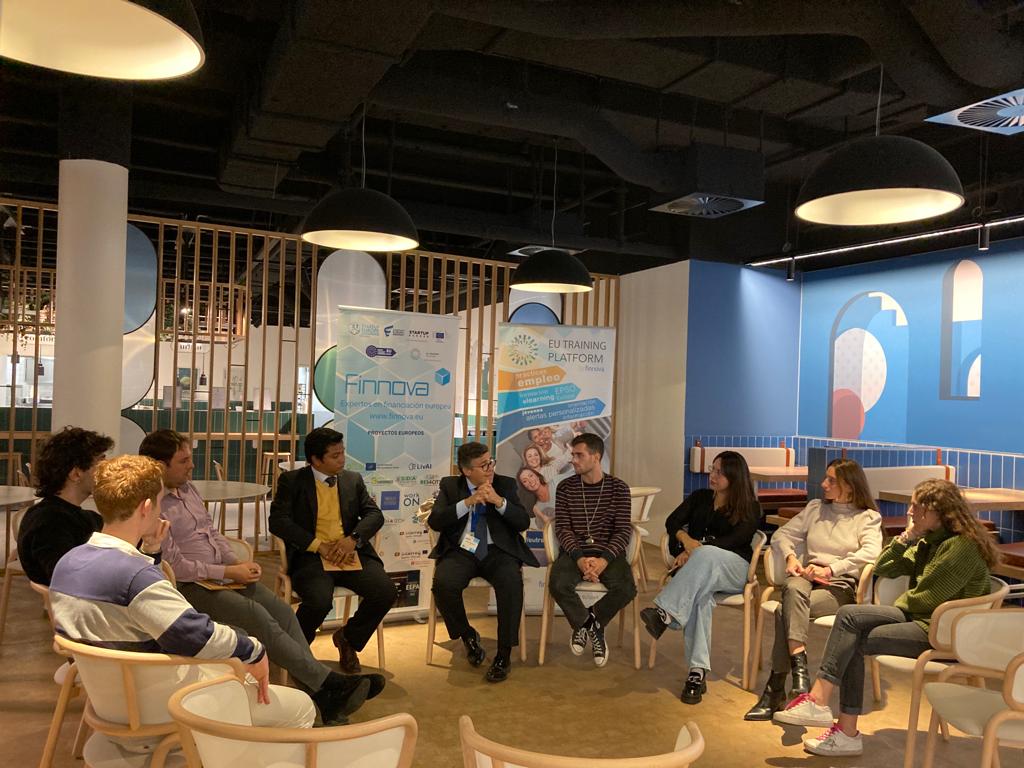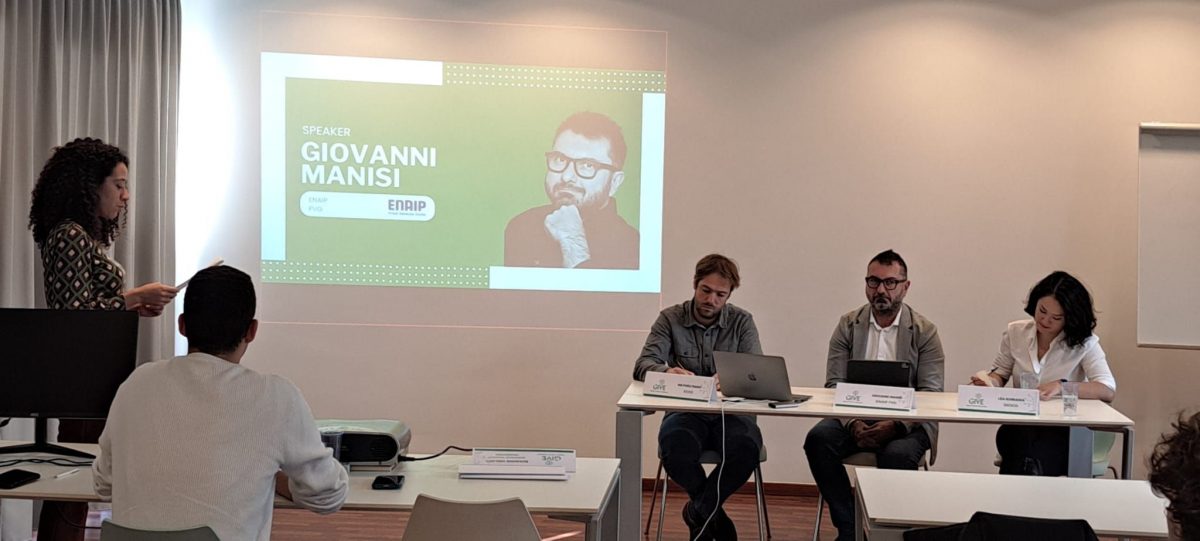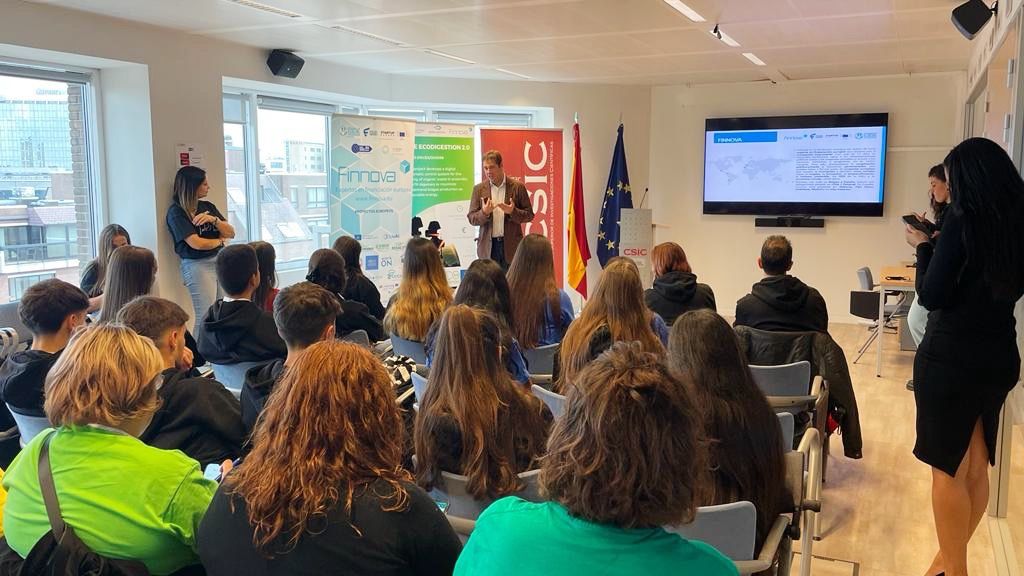- It is a date that tries to raise awareness and sensitise people about the need to conserve the environment.
- The Finnova Foundation is an environmentally conscious organisation and a partner in LIFE projects and the HORIZON RES4City project.
02/11/2023, Brussels. Yesterday, Wednesday 1 November, was World Ecology Day, a very significant event that seeks to raise awareness and sensitise people to the need to conserve the environment and encourage the practice of ecological actions that contribute to the biodiversity of the planet. The celebration of this world day pays tribute to ecology as a scientific discipline and recognises the work of professional ecologists.
Ecology studies the relationships between living beings and the environment that surrounds them, although it does not focus exclusively on the study of green areas. It carries out activities and actions that contribute to the sustainability of the environment and the planet, aimed at improving the quality of life for human beings and their environment.
Ecology promotes the importance of developing actions in harmony with the environment that favour the planet’s biodiversity. Some of these examples are the optimisation of production, consumption and services under ecological criteria, the management of waste generated, and the conservation of water, among other actions.
The Finnova Foundation, as an entity committed to sustainable development and water and waste management, joins the commemoration of this day in which it is intended to remember the importance and application of ecology in our daily lives to combat climate change. As part of this commitment, Finnova is currently a partner in three LIFE projects, the European Union’s funding instrument for the environment and climate action, and in a HORIZON projecto, the EU’s funding programme for financing and innovation.
LIFE ECOdigestión 2.0, with a budget of €970,000, aims to use biogas as a reliable and green energy source to meet industrial energy demand. The initiative, which will run until February 2024, is a consortium led by Global Omnium (Spain), in partnership with Águas do Centro Litoral (Portugal) and the Finnova Foundation (Belgium).
LIFE NextFUMIGREEN develops natural fumigants from plant extracts to control pests in intensive horticultural crops under glass. The project has a budget of €2,758,921.01, and is led by the Spanish company FumiHogar, with five other partners: the Foundation for Agricultural Auxiliary Technologies (TECNOVA); the Finnova Foundation; B&B Asesores Auditores Ambientales; Comercial Quimica Masso; and BrioAgro Tech.
The main objective of LIFE COSTAdapta is to address the adaptation of the coast of Gran Canaria to sea level rise by designing a tidal pool-reef system. The project, which has a duration of 7 years and a total budget of 3,409,864 €, is coordinated by the Gran Canaria Island Energy Council (CIEGC) of the Cabildo de Gran Canaria with the support of 7 partners: University of Las Palmas de Gran Canaria (ULPGC); University of Cantabria (UC); INGECID S. L.; Raley Estudios Costeros S.C.P.; ECOncrete AQUA; Fundación Canaria para el Reciclaje y Desarrollo Sostenible (FCR) and Fundación Finnova.
RES4CITY is an innovative €2.5 million educational project 100% funded by the European Commission through the Horizon Europe programme. The RES4CITY education programme has the main objective of bridging the skills gap that is slowing down the transition to sustainable energy. The programme will be designed by a multidisciplinary group of partners from academia, industry and European NGOs with expertise in energy management, renewable energy systems, renewable fuel technologies and the development and implementation of sustainability strategy design.
About the Finnova Foundation
Finnova is a foundation working for the promotion and development of innovation and entrepreneurship at EU level. Based in Brussels, it operates through collaborations and partnerships in all EU countries. Finnova’s expertise in leading European project communication and dissemination activities is combined with a strong proven track record in start-ups and business support programmes, such as accelerators, incubators and ceremonial event selection and awarding.


